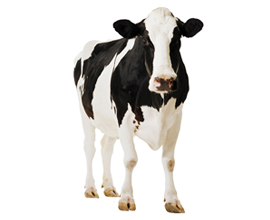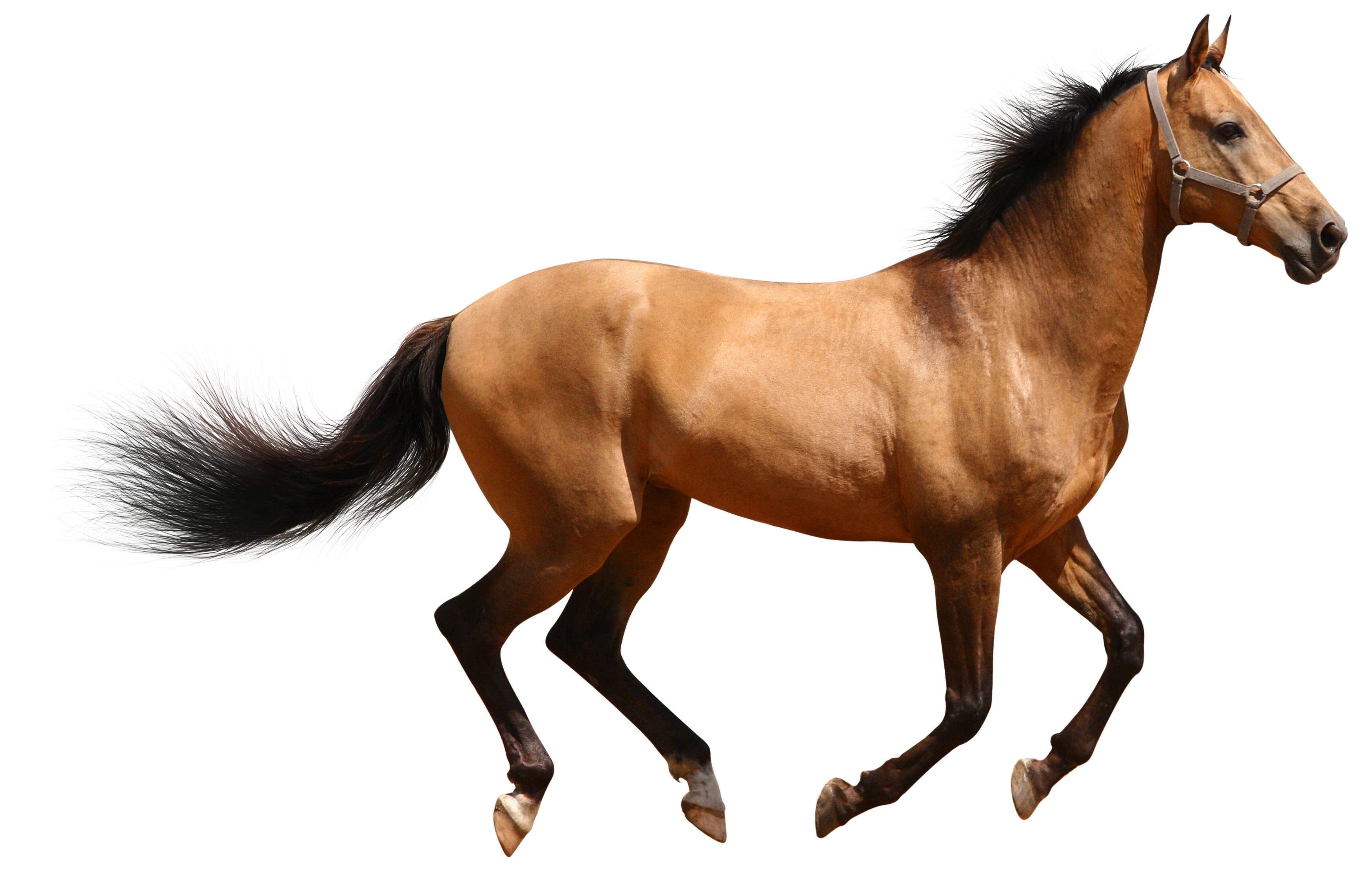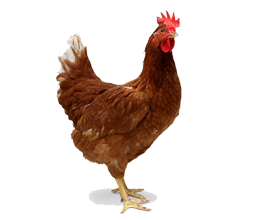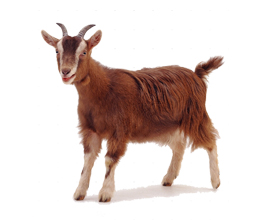EFFAA'S PROTEINATES

Effaa's Mineral Proteinates have been utilized as a safe nutritional supplement for all animal species by overcoming mineral imbalances caused by: Mineral interaction & Bio availability, Stress, Feed variability and uneven forage quality. Research has shown improvements in performance and production parameters such as:
Feed efficiency, Growth & Weight gain, Breeding, Carcass composition quality, Milk Production, Hoof integrity, Immunity, Healthiness, Bone strength, Shell quality, Eggs quality. Reduce the mortality rate, improved fertility, Improve feed conversion are the products resulting from the chelation of cobalt with amino acids and/or hydrolyzed proteins, these are nutritional animal feed supplement formulated to prevent and/or correct cobalt deficiency in animals.
We offer :
Effaa's Ferrous Proteinate:
The product resulting from the chelation of ferrous with amino acids and/or partially hydrolyzed proteins as. It is a nutritional animal feed supplement formulated to prevent and/or correct ferrous deficiency in animals. Correct anemia in animal & chicken. Increase weight. Increase feed uptake. Increase the bioavailability.
Effaa's Zinc Proteinate :

The product resulting from the chelation of zinc with amino acids and/or partially hydrolyzed proteins as. It is a nutritional animal feed supplement formulated to prevent and/or correct zinc deficiency in animals. Helps carry carbon dioxide to the lungs. Helps fight infection. Keeps skin and hair healthy. Important in both male and female fertility. Helps regenerate cell damage. Hardens hooves. Improve Immunity. Bull fertility enhanced by zinc. Durability & strength of hooves was improved from cattle fed zinc. Zinc improves the iron absorption. Crucial component of many important enzymes and is also needed to activate other enzymes.
Effaa's Manganese Proteinate :
Manganese deficiency in the diet of growing chicks and poultys results in perosis, or slipped tendon. Manganese-deficient chicks have less proteoglycan in the cartilage of the tibial growth plate than manganese-repleted chicks .Only about 1% of the manganese in ruminant diets is absorbed. General symptoms of manganese deficiency include impaired growth, skeletal abnormalities, disturbed or impaired reproduction, and abnormalities of the newborn.Controls energy production by controlling sugar levels. Important for bone formation.Important in protein metabolism. Key element for conception. Helps to regulate muscles. Regulates digestion and digestive bacteria. It slows down process of aging. Act as an antioxidant. Activates many enzymes and helps utilize fatty acids. Low conception rate, abortion, stillbirths, and light birth weights.
Effaa's Magnesium Proteinate:

Magnesium deficiency induces joint cartilage lesions in juvenile rats which are identical to quinolone-induced arthropathy. The balance of magnesium performs an important role in utilization of calcium, through the formation of calcitonin, which carries calcium into bone and parathyroid hormone, which releases it from bone into the bloodstream. As with calcium, magnesium is classed as a macro element, which means that it is required by the body in reasonably large quantities Physiological Importance plays a very important role in the relaxation of nerves and muscles. Magnesium is also important for converting sugars into energy.
Effaa's Copper Proteinate :
Copper is a trace mineral found in all body tissues. It is vital in making elastin, a chief component of the elastic muscle fibers found throughout the body, especially in the heart and lungs. It is needed to build strong bones, connective tissue and joints. Copper is needed for the proper function of the enzyme. Copper deficiency is the major known cause of aortic aneurysms in a wide variety of animals, The copper from Copper Proteinate is highly available. It works in respiration, synthesis of hemoglobin and production of collagen Copper is an essential component of many enzymes. Copper deficiency exhibit anemia, reduced growth, loss of pigmentation in hair, changes in hair growth and appearance, heart failure, easily fractured bones, diarrhea, compromised immune system function, and impaired reproduction, particularly estrous cycle disruption. Breed composition of cattle also affects copper requirements. Helps to form red blood cells. Important in the construction of hair and muscle. Key to the utilization and proper metabolism of proteins.
Effaa's Boron Proteinate :

Boron is required for the maintenance of bone and normal blood levels of estrogen and testosterone. Boron supplementation may also be useful for arthritis. Several studies show that boron may provide relief for patients suffering from osteoarthritis, juvenile arthritis, and rheumatoid arthritis. It helps to transport magnesium and calcium throughout the body. Adequate boron levels reduce the excretion levels of magnesium and calcium.
Effaa's Cobalt Proteinate
Cobalt functions as a component of vitamin B12 (cobalamin). The microbes of ruminants are able to synthesize vitamin B12 if cobalt is present. Cattle can tolerate approximately 100 times their dietary requirement for cobalt, Young growing cattle appear to be more sensitive to cobalt deficiency than mature cattle. Initial cobalt deficiency signs are depressed appetite and reduced growth performance or weight loss. In cases of severe cobalt deficiency, cattle display severe unthriftiness, swift weight loss, liver breakdown, and anemia. Cobalt deficiency has also been demonstrated to compromise immune system problems and disruption of microorganism production of propionate (a volatile fatty acid important for glucose production).















